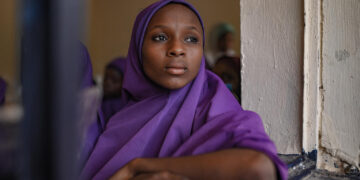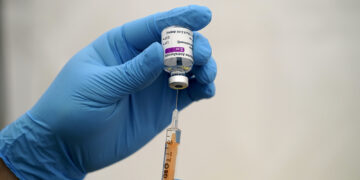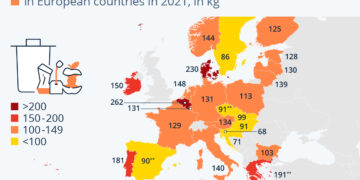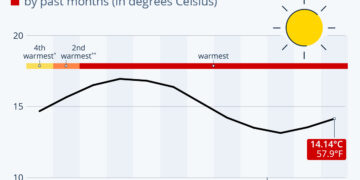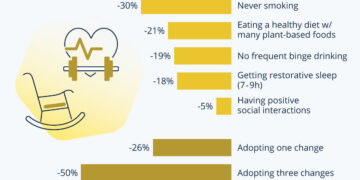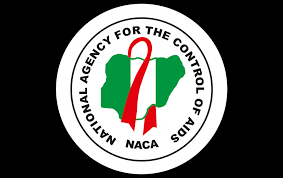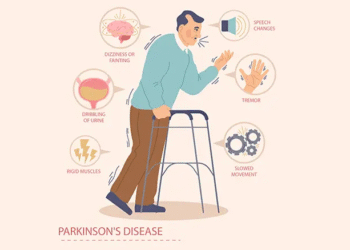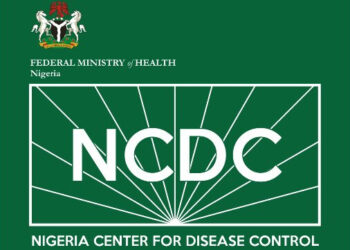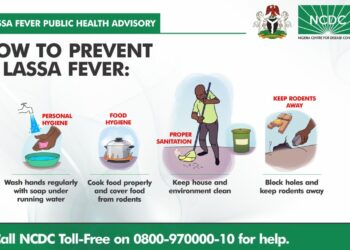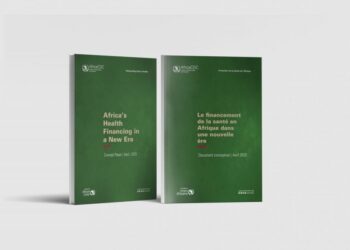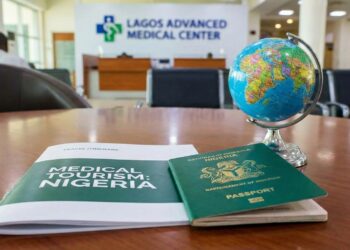The National Agency for the Control of AIDS (NACA) has responded to concerns surrounding the recent executive order by U.S. President Donald Trump, which enforces a 90-day freeze on foreign aid spending. This decision has raised alarm among health stakeholders in Nigeria, particularly regarding funding for critical HIV/AIDS and tuberculosis (TB) programs.
The Impact of International Support on Nigeria’s HIV Response
Nigeria currently has the highest number of people living with HIV in West and Central Africa, making international support essential in sustaining its HIV/AIDS response. NACA emphasized the pivotal role of the U.S. President’s Emergency Plan for AIDS Relief (PEPFAR), which funds approximately 90% of Nigeria’s HIV treatment programs. The temporary halt in funding initially threatened to disrupt lifesaving treatment services, prompting concerns from health officials and advocacy groups.
A Waiver Brings Temporary Relief
Following widespread concerns, the Trump administration issued a waiver on January 28, 2025, allowing the continued distribution of antiretroviral (ARV) medications and other essential medical services supported by PEPFAR. NACA welcomed this decision, recognizing it as a crucial reprieve for Nigeria’s HIV/AIDS programs.
Strengthening Domestic HIV/AIDS Response
Despite this temporary relief, NACA reaffirmed its commitment to reducing Nigeria’s reliance on foreign aid by ramping up domestic resource mobilization. The agency underscored the need for stronger collaboration between government officials, the private sector, civil society organizations, and the media to build a sustainable and resilient HIV/AIDS response.
Dr. Temitope Ilori, Director General of NACA, expressed gratitude to the U.S. government for the waiver while urging continued support from all stakeholders in the fight against HIV/AIDS. She reassured patients that treatment services remain accessible and encouraged them to continue seeking care at designated service delivery points across the country.
A Long-Term Vision for Ending AIDS by 2030
Looking ahead, the Nigerian government remains focused on its goal of ending AIDS by 2030. NACA highlighted the importance of creating favorable policies and strengthening local funding mechanisms to protect Nigeria’s HIV response from future uncertainties in foreign aid. By fostering a robust and self-sufficient healthcare system, Nigeria aims to ensure uninterrupted care and support for those affected by HIV/AIDS.
While the recent waiver provides a temporary solution, the situation underscores the urgent need for sustainable local strategies to combat HIV/AIDS effectively. As the landscape of global health funding evolves, Nigeria must take proactive steps to secure the future of its public health initiatives.
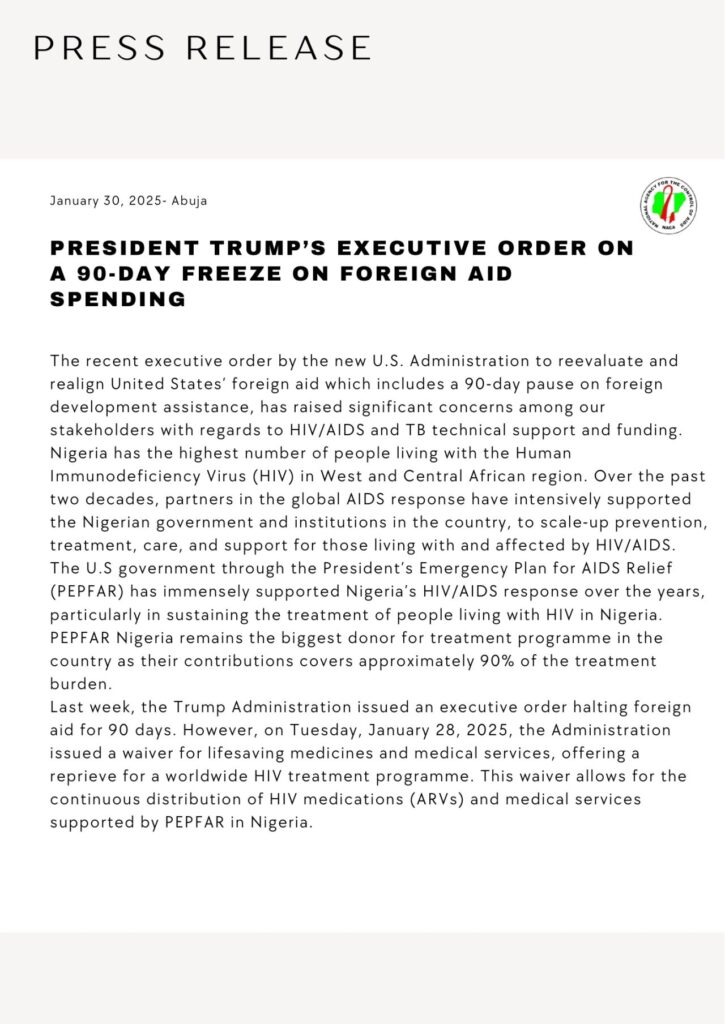
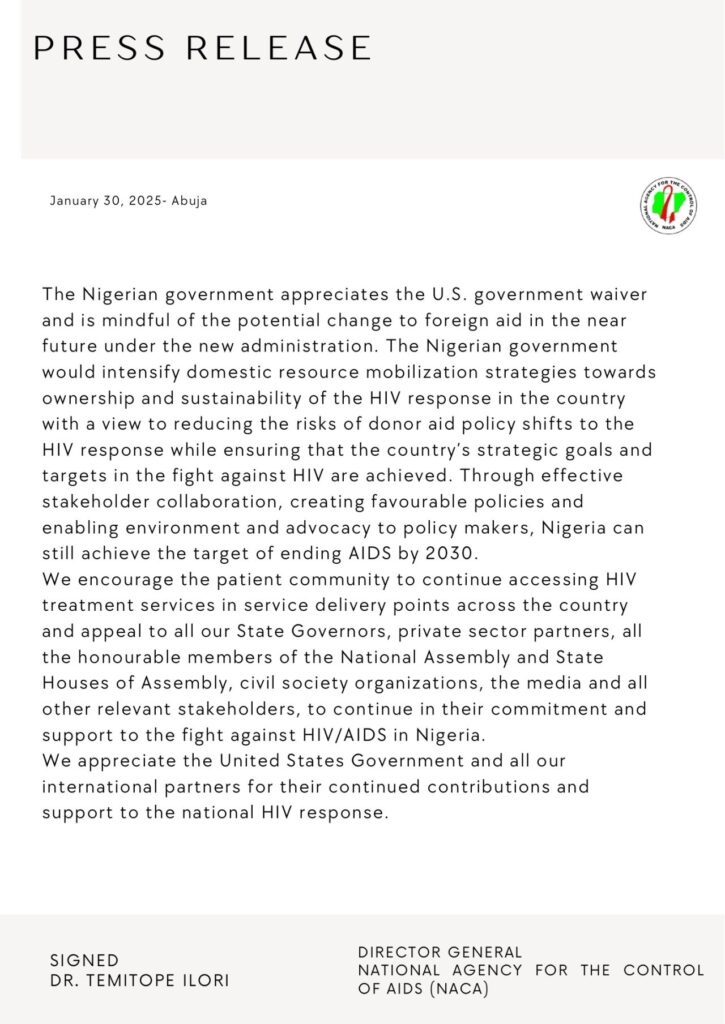
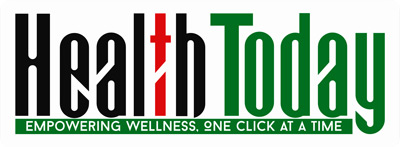
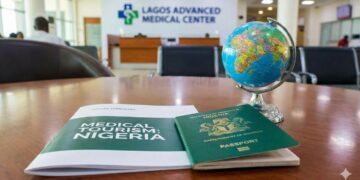
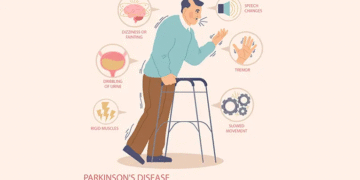

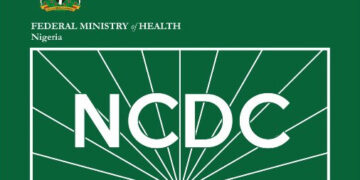
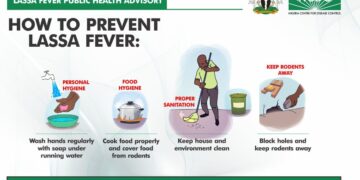

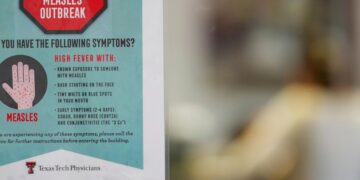

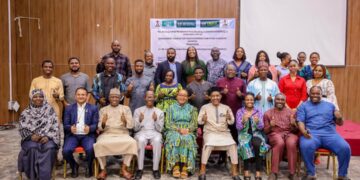
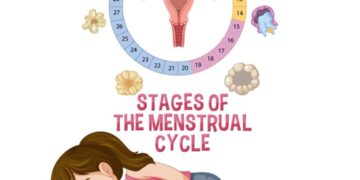

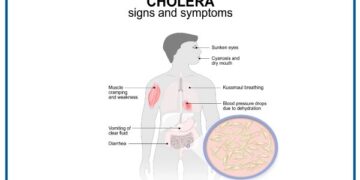
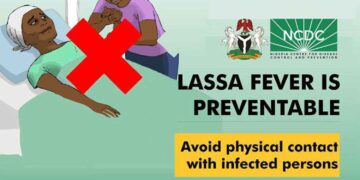
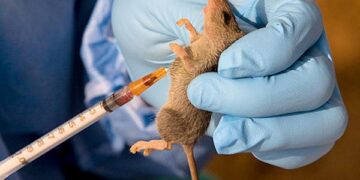

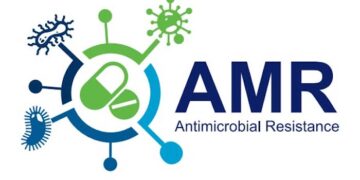
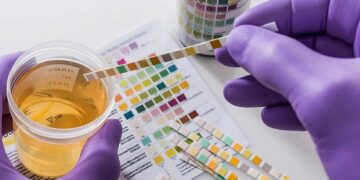
![Antimicrobial Resistance [AMR] in Hausa](https://healthtoday.com.ng/wp-content/uploads/2024/02/antimicrobial-resistance-AMR--360x180.jpeg)


